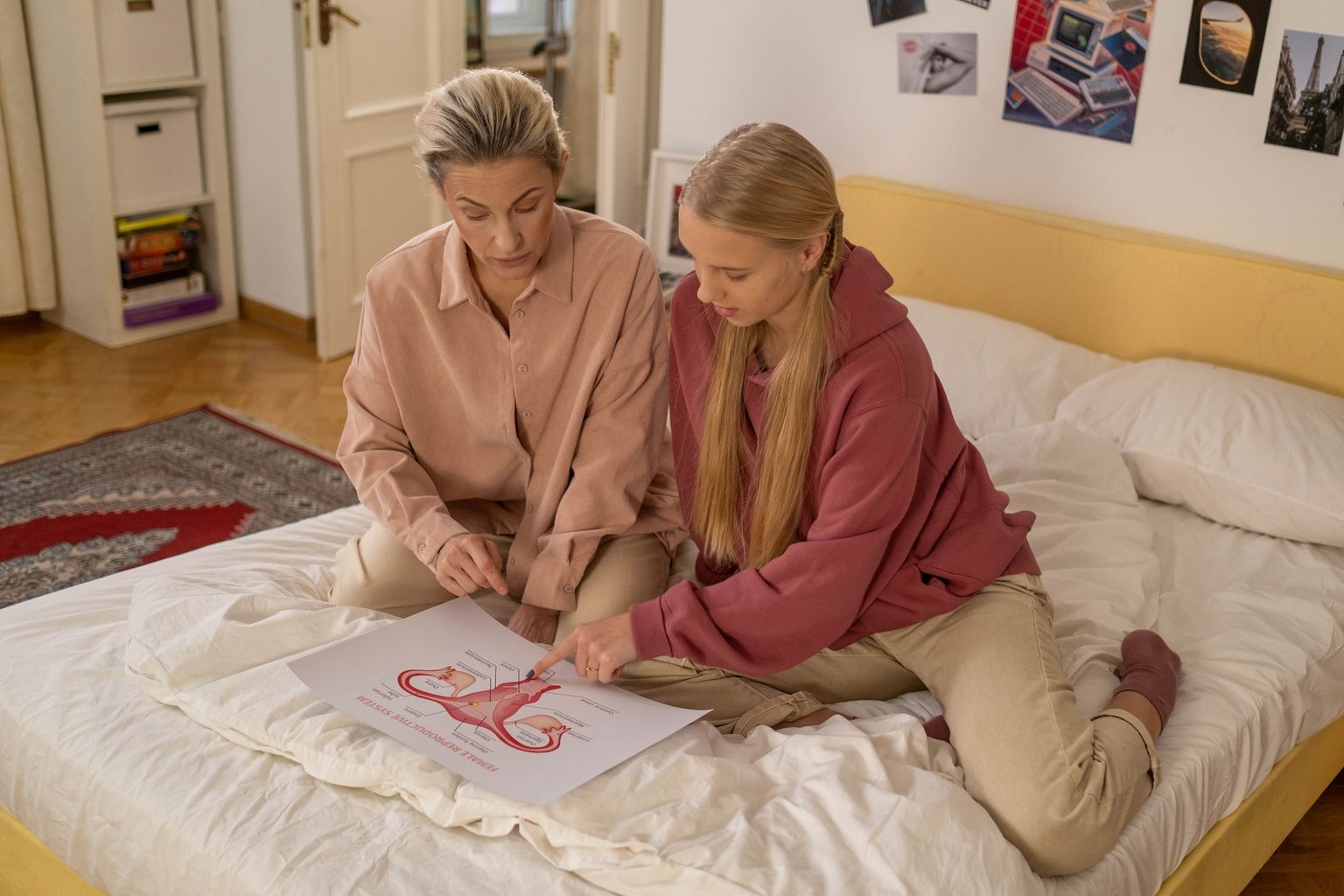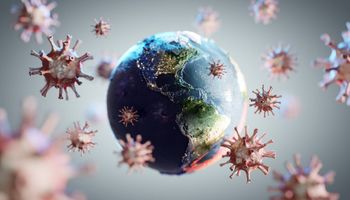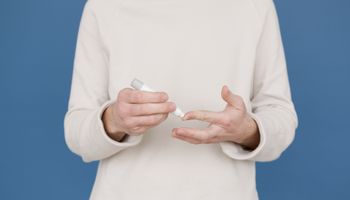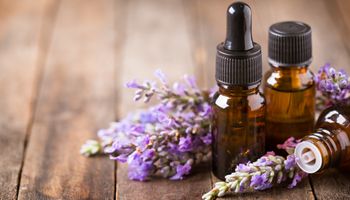One of the most common gynecological diseases:
In endometriosis, uterine lining-like body cells settle outside the uterine cavity. Despite the benign nature of the condition, most sufferers experience severe menstrual cramps, abdominal pain (between periods) and painful sensations during sexual intercourse. If left untreated, the disease is usually chronic and estrogen-dependent. Although the exact cause is not yet known, this disease is characterized by an inflammatory process. This involves an overproduction of substances that initiate or maintain an inflammatory response in the body due to oxidative stress (i.e., inflammatory mediators). Consequently, such oxidative stress (OS for short) could play a significant role in the cause of endometriosis. In OS, a dysbalance occurs between reactive oxygen species (Short: ROS) and biological antioxidants. Such RS molecules are signaling molecules that can influence immunological processes and cellular metabolism - but imbalance can also lead to ROS-induced cellular damage.
According to researchers, there is evidence that women with endometriosis experience higher ROS molecule levels and lower antioxidant capacity than women without the disease.
Improving antioxidant levels could reduce damage associated with endometriosis.
Antioxidant supplementation with vitamin C and vitamin E in women with endometriosis has shown inconsistent results in studies to date. While in some studies such vitamin treatment significantly improves antioxidant markers, others conducting research insist on more randomized controlled trials on this topic due to insufficient correlation.
Therefore, researchers now examined the significance of vitamin supplementation with antioxidant vitamins in relation to oxidative markers and pain scores in women with endometriosis.
Study Design:
The randomized, placebo-controlled clinical trial, published in the scientific journal Pain Research & Management in 2021, studied 60 women aged 15 to 45 years. All study participants had endometriosis with pelvic pain proven with a laparoscopy. They were referred and treated at Sarem Hospital in Iran from June to November 2017. All women signed an informed consent form. The study participants were randomly divided into two groups. While group A (30 subjects) were administered vitamin C in the amount of 1000 mg/day in 2 tablets of 500 mg each (manufacturer: Zahravi Pharmaceutical Co., Iran) and vitamin E in a dose of 800 IU/day in 2 tablets of 400 IU each (manufacturer Zahrabi Pharmaceutical Co., Iran), group B (30 subjects) received placebo (mannitol and gastric stearate- polyvinylpyrrolidone from manufacturer: Hakim Pharmaceutical Co.) every day for eight weeks.
The conditions of participation were:
- No previous pelvic inflammatory disease
- No dietary supplements in the last six months
- No chronic autoimmune or metabolic diseases
- No tobacco or alcohol
- No special diet (e.g.: vegetarian)
Exclusion criteria were:
- Severe side effects from vitamins or placebo
Analyze subjective perception:
A visual analog scale was used to assess participants' subjective perceived pain. This was assessed before the intervention phase and every two weeks after the start of treatment. Here, a score of 0 meant that no pain (i.e., pelvic pain, dysmenorrhea, and pain associated with sexual intercourse) was felt and 10 meant that intolerable pain was present.
Blood samples were then taken from the participants via puncture into a peripheral body vein, which were analyzed accordingly in the hospital's in-house laboratory.
Multiple comparisons were adjusted using the Bonferroni correction. This is a rigorous test used to correct for any confounded significance of the results. With multiple identical tests or groups, the probability that an important result is found, but without a real effect, increases strongly - with the Bonferroni correction this is compensated. However, the test is very stringent because of the disadvantage here of not being able to detect significant results due to the correction, even though they would have a real effect.
Study results:
Despite rigorous evaluations, a significant decrease in biomarkers of oxidative stress and ROS molecules was found after treatment with vitamin C and vitamin E compared to the placebo group. No noticeable decrease in antioxidant capacity was recorded after the intervention. Perceived pelvic pain, dysmenorrhea, and pain related to sexual intercourse significantly minimized in the intervention group after the treatment period.
Conclusion:
According to research findings, dietary supplementation with vitamin C and vitamin E could significantly minimize systemic oxidative stress in women with endometriosis. Therefore, to consolidate and extend these results, larger clinical trials with longer follow-up period are still needed to elucidate the significance of antioxidant supplementation by vitamins in women with endometriosis.






